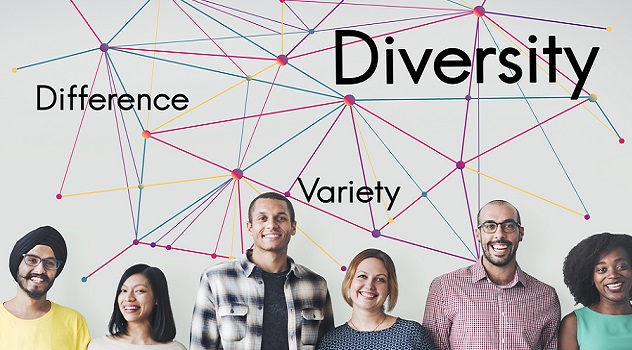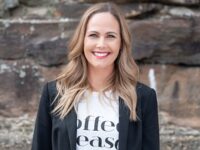In early 2020, my co-founder and I took the plunge to walk away from corporate life and dive head first into the largely daunting world of start-ups, where many big ideas enter and very few survive.
We were bootstrapped initially and spent the first nine months validating the idea, market testing the concept then developing the MVP version. We were incredibly fortunate to bring our CTO onboard early on and during this time we were also accepted in residence at Stone & Chalk at the Sydney Startup Hub.
Tech is expensive. Despite early interest and pilot customers, we knew that if we were going to propel Humanico to the global stage we needed to raise capital. As first-time founders, the world of capital raising was somewhat foreign. Entrepreneurs have a tendency to lean into the unknown with disproportionate comfortability and that’s exactly what we did. A now proven formula for Paul and I; do our own research first, ask for help where we need it and then just get on with it.
It was suggested to us that a Family and Friends round would be a good place to start, however, we knew that if we could leapfrog that step to a pre-Seed round that would be our preference. We presented our first pitch deck to the Stone & Chalk team who pulled it apart and provided plenty of ‘constructive’ feedback. And, 32 versions of that deck later, we closed the round with $330k from an incredible group of angels.
We learnt a few key lessons during that first round.
- Don’t be afraid to leverage your existing networks. You never know who might be interested.
- Ask for advice, not investment. The latter will often follow the former.
- 80 per cent of the investment decision was based on the founding team, above product/market fit or GTM.
It was actually during our pre-seed round that it was suggested to me that I should ‘play the Female Founder’ card.
What?! Up until that point I had considered myself an equal. Why on earth should it matter that one of us is female and one of us is male?
As our journey continued, the ‘Female Founder’ narrative became louder. Stats were circulating to suggest that diverse businesses generate 12 per cent more revenue and burn one-third less capital than companies solely founded by men, yet female founders in Australia only receive 23 per cent of investment deals. Programs were launched to support female founders, funds were established solely to invest in female founders, and grants appeared to try to bridge the gap.
Amazing! Until you read the fine print and realise that you don’t qualify because you don’t have a majority share. The double-edged sword of an equal female/male co-founding partnership.
We lent into our Seed round at one of the most challenging times in recent history to raise capital and closed it out in June 2023, raising just shy of $1m. The majority of our early investors followed on, impressed by the traction we had built and the 4x increase in valuation over 18 months.
I’m proud to be part of a diverse founding team and have seen first-hand the benefits that bring along with it, but diversity of gender is only one factor. Don’t lose sight of other diversity metrics that matter, especially the value of diversity of thought.
As a curious explorer, I’ve found my true north as an entrepreneur. But it hasn’t been an easy journey. I’m a first-time founder, a non-tech tech founder and a female founder in a sea of males. Whenever I tell my story publicly, it resonates loudly…mainly with underrepresented groups.
If I’ve found a way to navigate the journey, then maybe they can, too.











